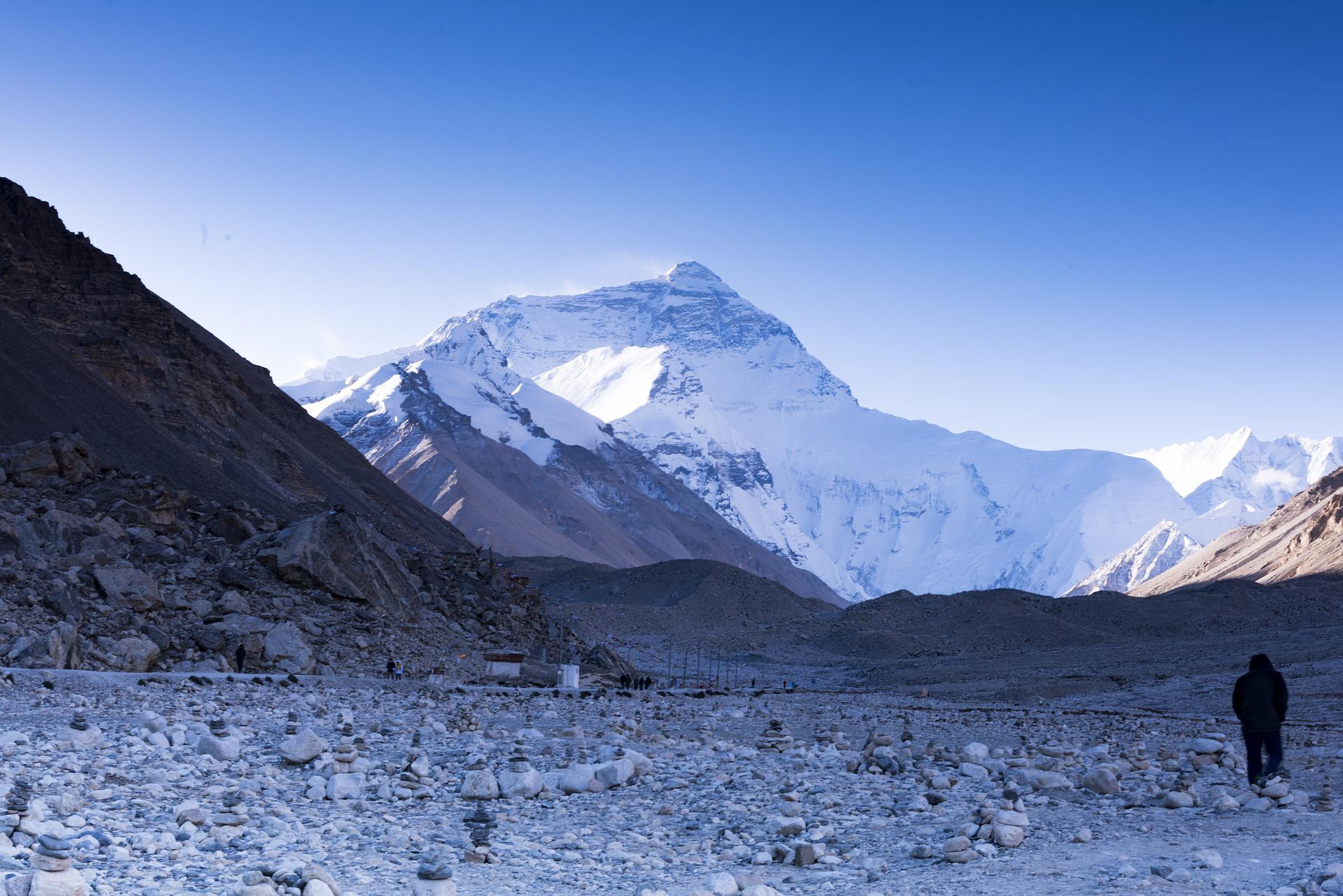
Everest Base Camp Difficulty
Every novice to experienced trekker’s mind about trekking in Khumbu revolves around the topic of how difficult is the Everest base camp trek exactly. To be honest, there isn’t a precise solution to it. Trekking, on the other hand, is accompanied by a strong desire to discover mountains. Trekking to Everest is thus doable with a lot of enthusiasm and a little physical fitness. The Everest Base Camp journey is a world-famous odyssey to the highest point on the planet. So, in this article, we will talk about Everest Base Camp Difficulty. The Everest region is one of a kind and a massif that honors the tragedies and celebrates the inspiration in the adventure sphere. Admired and ventured by many, and boasted of its amazing high altitude adventure, the Everest region is one of a kind and a massif that honors the tragedies and celebrates the inspiration in the adventure sphere.
In Nepal’s Khumbu region, trekking to Everest Base Camp is a popular activity. This trip has been popular since its discovery because of its amazing natural towns and high elevation. Mount Everest, Ama Dablam, Cho Oyu, Khumbu Yui Lha, Imja Tse, Taboche, Gokyo Ri, Kangtega, Kala Patthar, Pumori, Numri, Cholatse, Lobuche, Ombigaichan, Thamserku, and many other neighboring peaks and ranges are all visible from the Khumbu region in eastern Nepal. Climbing to the summit of these great mountains is a life-changing event, but the Everest Base Camp trek is a must-do if you want to see the breathtaking Himalayan vista, which includes some eight-thousanders.
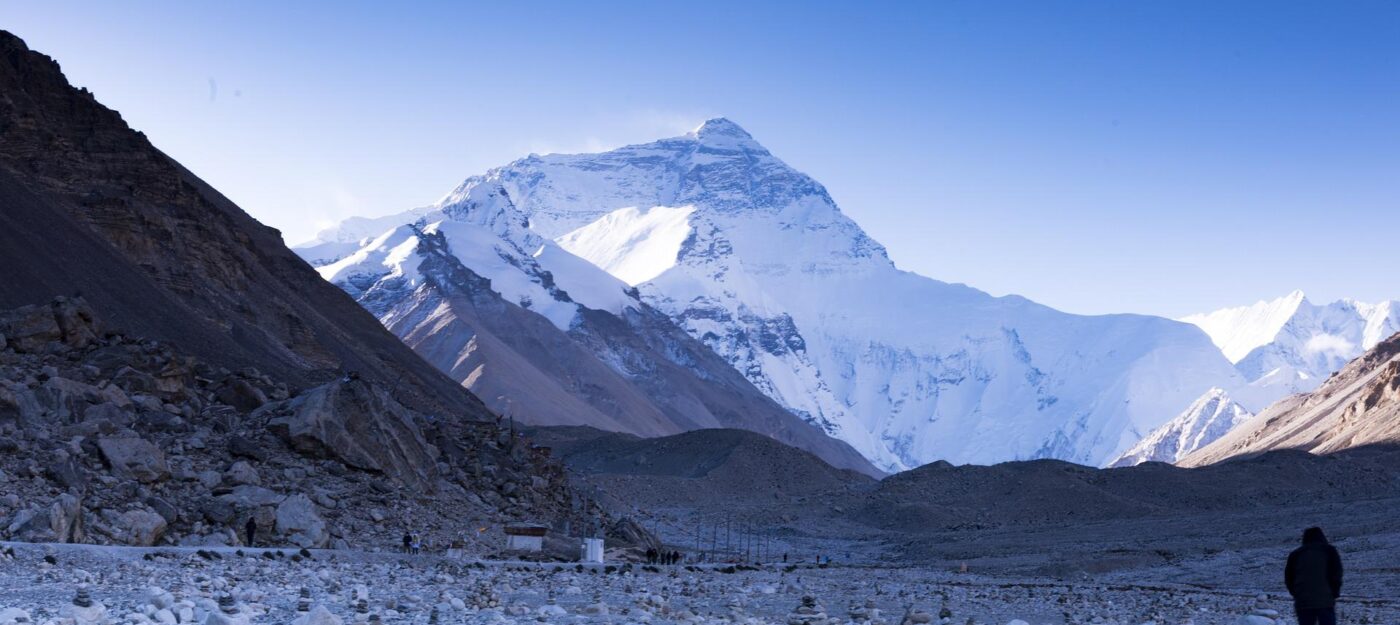
The trek to Everest base camp is truly a once-in-a-lifetime experience. The trek’s main attractions include the majestic Himalayas, Sherpa settlements and their way of life, and the breathtaking scenery. The hike is not tough because the routes are well-designed and maintained. However, for certain persons, repeated elevation rise to a higher height can be difficult. However, the likelihood of serious difficulty due to elevation rise is limited because the Everest Base Camp trek itineraries are designed to include acclimatization stays and stopovers at appropriate and adequate locations.
Trekking to Everest base camp is a fantastic chance to get up close and personal with the Himalayas. It’s a popular journey that takes you through Himalayan hills and valleys, past old monasteries and communities, and culminates at Base Camp, which is located at an elevation of 17000 feet above sea level. Trekking is one of the most common ways to reach Everest base camp.
High altitude sickness is the main cause of difficulty in the Everest region. Unpredictable weather, climate, terrain challenges, and physical fitness are some of the other factors that make this mountain location tough. Therefore, this adds to Everest Base Camp Difficulty.
Everest Base Camp trek
The Everest Base Camp trek is regarded as a world-class trek to Nepal’s most famous classic trekking destination. Everest Base Camp lies at a height of 5364 meters above sea level. One of Nepal’s two base camps is located here. Another Mount Everest base camp is located in Chinese territory.
Trekking to the Everest Base Camp is praised for its immaculate beauty and the serene mountain atmosphere it provides. A flight from Kathmandu to Lukla kicks off the trip. The first day will be spent trekking to Phakding, which is about a 3-hour climb from Lukla. You will travel to the world-famous Namche bazaar after spending the night in Phakding. It is well-known for its sherpa friendliness, culture, and scenic mountain views. You will trek to Tengboche and Dingboche after a day of acclimatization in Namche. You’ll need to re-acclimate in Dingboche because you’ll need to spend one night there to adjust to the constantly changing elevations. Therefore, you have to consider all the Everest Base Camp Difficulty.
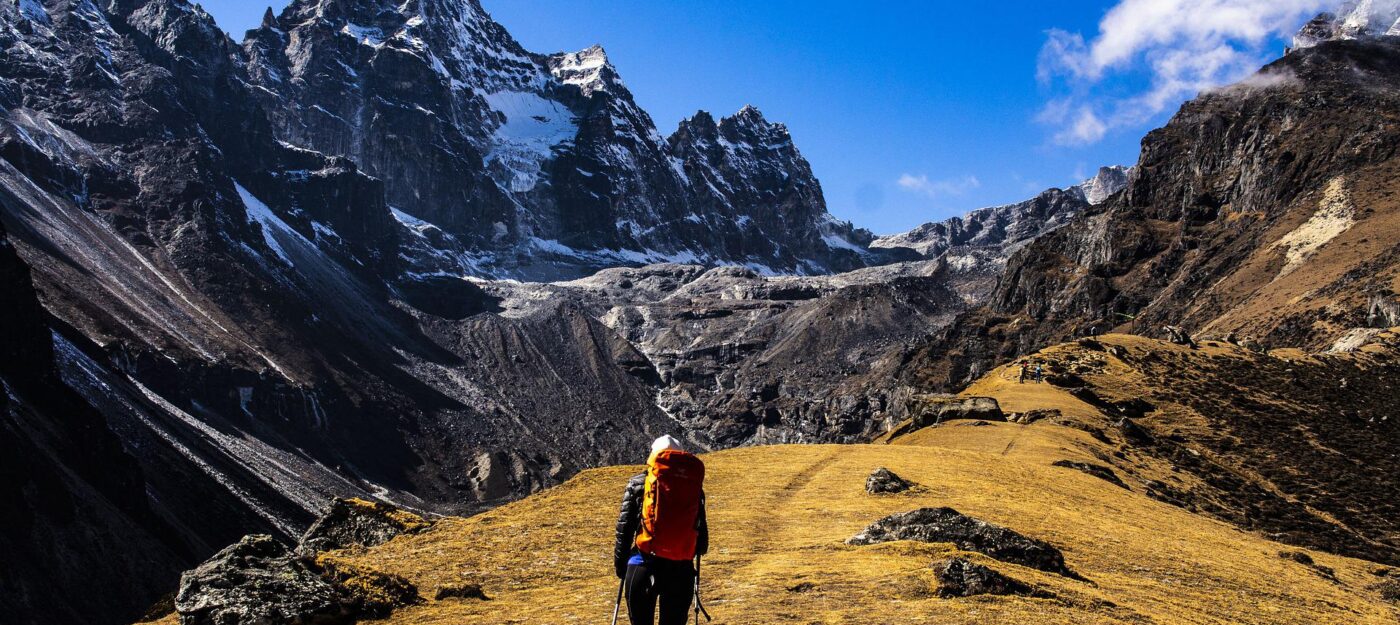
Lobuche is another destination on the journey. You will walk to Gorak Shep and Everest Base Camp after spending the night in Lobuche. Exploring the world’s most famous eight-base thousand camps is a highlight of the day. You will arrive at Kala Patthar after seeing the base camp. The panoramic views of the mountains in Khumbu may be seen from Kalapthhar, which is one of the most popular vantage locations in the Everest region. After that, you’ll hike via Pheriche and Namche before arriving in Lukla. The Everest Base Camp journey closes with a flight back to Kathmandu.
Outline Itinerary of Everest Base Camp Trek
Note: the following no. denotes the number of days one will be spending at the Everest Base Camp Trek
01: Kathmandu Arrival
02: Kathmandu Sightseeing and Trek Preparation
03: Fly to Lukla, Trek to Phakding
04: Phakding to Namche Bazaar
05: Acclimatization in Namche Bazaar
06: Namche to Tengboche
07: Tengboche to Dingboche
08: Dingboche Acclimatization
09: Dingboche to Lobuche
10: Lobuche to Gorak Shep and Everest Base Camp
11: Hike to Kala Patthar, trek to Pheriche
12: Pheriche to Namche
13: Namche to Lukla
14: Flight to Kathmandu
15: Departure
Cost for Everest Base Camp Trek
Trekking up to Mount Everest’s base camp is the closest one can go to climbing the world’s tallest peak without climbing it. Trekking to the base camp is also far less expensive than climbing Everest. The pricing of the Everest Base Camp Trek is not set in stone. Depending on the route, the outfitter, and their services, the journey might cost anywhere from $2099 to $4500. The luxury trekking package with helicopter return will cost a little more than the normal packages. If you want to stay at Everest base camp for a few nights after your journey, the price will increase to $4500.
Because the entire cost is mostly determined by the needs of travelers, it is impossible to make a direct conclusion about whether or not to offer flat rates. Trekking in Nepal’s many mountainous terrains costs anything from a few dollars to several thousand dollars, not including the cost of international flights. We’ll try to explain everything about the cost of trekking to Everest Base Camp, as well as the elements that contribute to the disparity in pricing offered by different operators throughout the world.
How Difficult is Everest Base Camp Trek?
The trek to Everest Base Camp is moderately challenging. This hike is readily completed by trekkers with prior trekking experience and adequate physical fitness. Getting to Mount Everest’s base camp is possible, but the climb can be tough due to extreme mountain sickness and physical challenges. Altitude sickness and other challenges can be avoided with some precautions and health measures taken during the trek.
Mountain Sickness
High Altitude Sickness (HAS) is a frequent illness that causes headaches, dizziness, nausea, and vomiting, according to medical news today. Height sickness is more common at higher altitudes, and the severity of symptoms likewise rises with altitude. People who swiftly ascend to heights greater than 2500 meters suffer from altitude sickness (8200 feet).
Many individuals are aware that being at a high altitude can induce shortness of breath or difficulty breathing. This is only the start of what might happen to your body when you spend time at altitude (examples of altitude sickness are being dizzy, having headaches, and having shortness of breath). High altitude can also cause problems with your blood pressure, which can lead to heart problems. There are those who suffer high altitude sickness (HAS), which is serious and can even be fatal at extremely high altitudes. Therefore, it adds to your Everest Base Camp Difficulty if you don’t properly prepare yourself.
Aside from altitude sickness, there are a number of other issues that might arise when traveling at extremely high elevations. Frostbite on your fingers, toes, and face (even though it’s warm), dehydration, and high-altitude Pulmonary Edema are all possibilities. You may potentially die in the most severe occurrences of this illness.
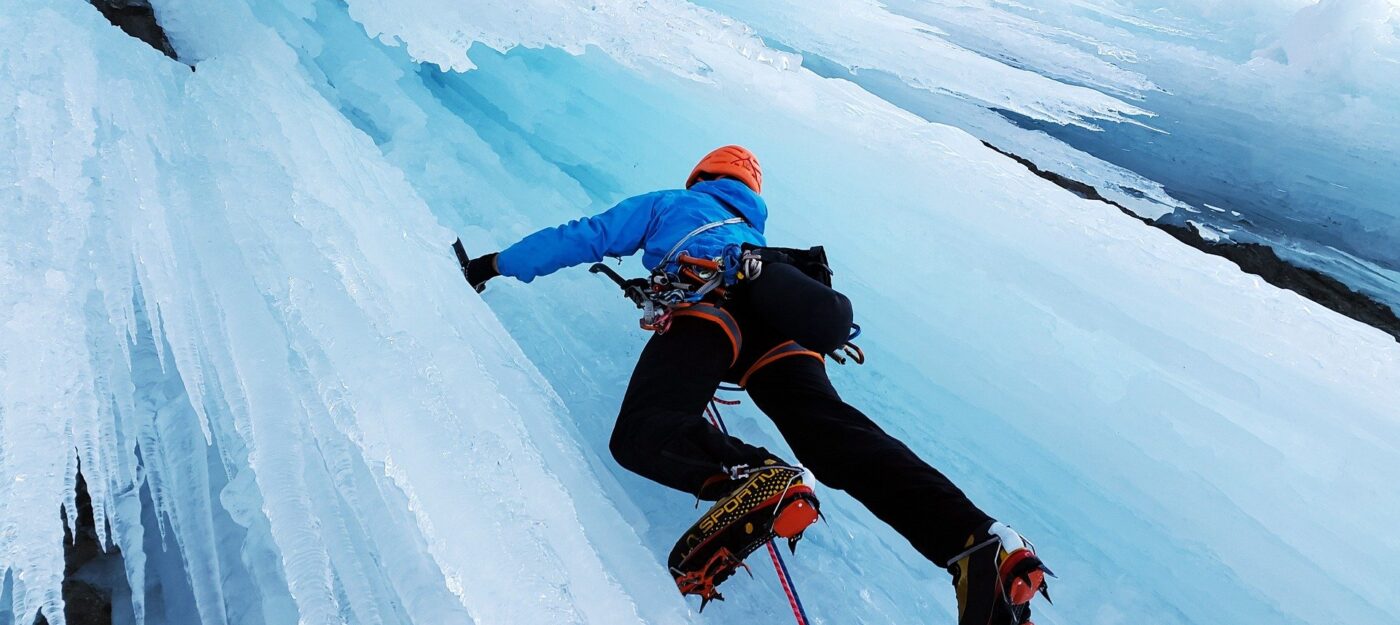
Because the air pressure is lower at higher elevations, high altitude sickness can occur. The amount of oxygen we take in is reduced when the pressure is low. This might make a person feel dizzy and weak.
It is necessary for your body to breathe properly in order for it to have excellent circulation. This is why someone who feels dizzy or lightheaded at a high altitude with limited oxygen may feel dizzy or lightheaded.
Because there aren’t enough of the body’s usual substances to help the lungs clear out secretions, high-altitude illnesses can develop into asthma.
High-Elevation When the atmospheric pressure varies from sea level to high altitude, sickness can occur.
Altitude sickness can affect anyone, regardless of age or fitness level, and can range from minor symptoms at sea level to more acute disease with life-threatening implications at high altitudes. It is fairly uncommon for someone who has never had altitude sickness to have symptoms at heights as low as 10,000 feet. Headaches, nausea, dizziness, and vomiting are common symptoms that last one day but can persist up to three weeks. Therefore, it adds to your Everest Base Camp Difficulty if you don’t properly prepare yourself.
In higher elevations, Mountain Sickness is a common occurrence. Breathing difficulties, dryness, pain, headaches, and nausea are caused by rapidly changing weather and reduced oxygen levels in upper alpine altitudes. Altitude sickness is a condition in which people experience bodily difficulties as a result of a lack of oxygen.
Some of the challenges that you might experience in higher elevations are:-
- Vomiting and loss of appetite.
- Sleeping difficulty.
- Shortness of breath.
- Breathing difficulty.
- Nausea
- Headache and Dizziness.
If you get a headache and any of the other symptoms after increasing your elevation, you are most likely suffering from high altitude sickness. It is beneficial to let go of the elevation by moving down to the lower locations or seeking professional medical treatment during this situation. Altitude sickness symptoms that are severe can be deadly. Therefore, it adds to your Everest Base Camp Difficulty if you don’t properly prepare yourself.
Precautions to take to lower the risk of acute mountain sickness are:-
- As you gain height, it’s a good idea to hike to higher locations. Because you gain elevation quickly on the fly-in journey at the upper elevations, it can be a major source of AMS.
- Acclimatize. Getting to higher heights is dangerous if you don’t acclimate to the alpine environment. It is critical to spend time acclimating over 2500 meters.
- Exercising your breathing
- Physical activity.
- Medication and consultation with a physician.
Khumbu Cough
Khumbu cough is a frequent respiratory infection among hikers and trekkers in Nepal’s Khumbu region. The Khumbu Sherpa people that dwell in this area gave it the name. 2009) (Parajuli) (Parajuli) (Parajuli) (Parajuli
Khumbu cough is a hacking, dry cough that can become severe and continue up to four weeks. Coughing typically causes choking or even gagging, and there is no phlegm or mucus produced. A sneeze may also be produced in some instances. Therefore, it adds to your Everest Base Camp Difficulty if you don’t properly prepare yourself.
Khumbu cough can be caused by a variety of factors. The “coughing tick,” which is the larva of a midge insect that feeds on human and animal respiratory secretions, causing discomfort and infection, is the most prevalent cause of the illness. Viral diseases, such as influenza, and bacterial infections, such as group A Streptococcal bacterium and certain other strep strains, are among the less prevalent causes (Streptococcus pneumonia).
Except for supportive care, there is no therapy for Khumbu cough. It’s crucial to get some rest and drink plenty of water. Therefore, it adds to your Everest Base Camp Difficulty if you don’t properly prepare yourself. Ibuprofen and paracetamol are two pain medications that can aid (acetaminophen). Cough suppressants are not advised since they can suppress the cough reflex, resulting in airway injury. In this situation, antibiotics are ineffective and may lead to bacterial resistance. Therefore, it adds to your Everest Base Camp Difficulty if you don’t properly prepare yourself.
Coughs have been associated with altitude sickness on a few occasions, especially when other symptoms were present. Nausea and vomiting are common symptoms, as is a lack of energy and inability to concentrate. Victims may also feel breathing problems and shortness of breath in extreme cases, particularly at elevations exceeding 5000 meters.
Level 4 Activity
Level 4 trekking refers to a wilderness hike of 10, 21, 37, or even 77 miles that you and a group of friends or family take. You’ll begin at the starting position and either hike back to the starting point or contour around the base of a mountain to reach your destination. It’s about overcoming fears, discovering new beauty, and gaining life strength.
Nepal employs its superior trail preparedness to maintain personal contact with each trekker at all four levels of trekking. All of your needs are met without fail, from organizing a pick-up at the airport to providing you with a local guide and porters to carry your equipment.
We handle all of the details so that each trekker can focus on the fun and excitement that nature has to offer. We create each trip ourselves since we believe in maintaining the natural beauty of the area while also meeting the needs of each trekker.
Terrestrial Difficulties
Humans have been living in an area of the earth with an average elevation of 7830 feet, according to the National Center for Atmospheric Research. This has resulted in a number of known risks, including increased pressure and decreased oxygen levels. The Everest base camp trip takes place in severe mountainous terrains at elevations above 5000 meters. Mountains, in particular, are the most unexpected geographical feature. Due to the nature of the topography, it is normal to encounter difficulties in the mountains. Therefore, it adds to your Everest Base Camp Difficulty if you don’t properly prepare yourself. The following are some of the most prevalent obstacles that you may face while living on the surface in these settings.
Hypoxia: When someone spends too much time active at altitude, they become too short of breath to exercise or function appropriately. It can be avoided if there are medical services on site.
Dizziness: According to the usual explanation, if one moves from a sitting to a standing position too quickly, they may feel as if they are spinning around or that the earth is moving in front of them. Shortness of breath might also induce this.
Malfunctioning: When an electronic gadget fails to perform properly at altitude, this is a common problem. If a laptop’s power cord fails, it won’t be able to charge properly, and it won’t be able to function properly.
General Lack of Energy: The amount of oxygen in the air decreases as altitude rises. It’s possible that your body will begin to feel as if it lacks the energy to perform anything. Therefore, it adds to your Everest Base Camp Difficulty if you don’t properly prepare yourself.
Fatigue: Because there is less oxygen in the air, you will fatigue faster. This will induce you to sleep and rest more frequently than usual.
Dizziness/Nausea: If you are not exercising your muscles appropriately at a high elevation, you may feel dizzy or sick. For example, if you’re sitting on a chair at home and suddenly get up, you may have dizzy since your muscles aren’t used to working in that position. Therefore, it adds to your Everest Base Camp Difficulty if you don’t properly prepare yourself.
Mild altitude sickness (M.A.S.): This is a condensed version of M.E., which is likewise brought on by low oxygen levels and manifests as nausea, headaches, drowsiness, lightheadedness, and dizziness. These symptoms should be handled thoroughly with the help of a medical practitioner if they develop when traveling at a high elevation.
Inclement Weather
Inclement weather may make trekking difficult and throw off the best-laid preparations. It can also be risky for those who are traveling. The climb to Everest base camp should be scheduled during the appropriate season, taking into account weather forecasts and season favorability.
The following are the primary issues you will encounter while trekking due to adverse weather:
- Trail visibility is difficult.
- Carrying more gear than normal causes physical exhaustion.
- Reduced capacity to stay warm, such as melting snow for water or soaking garments to keep warm.
- Hypothermia and other life-threatening consequences can result from getting wet and cold.
But, there are some ways to counter bad weather, and these are discussed below.
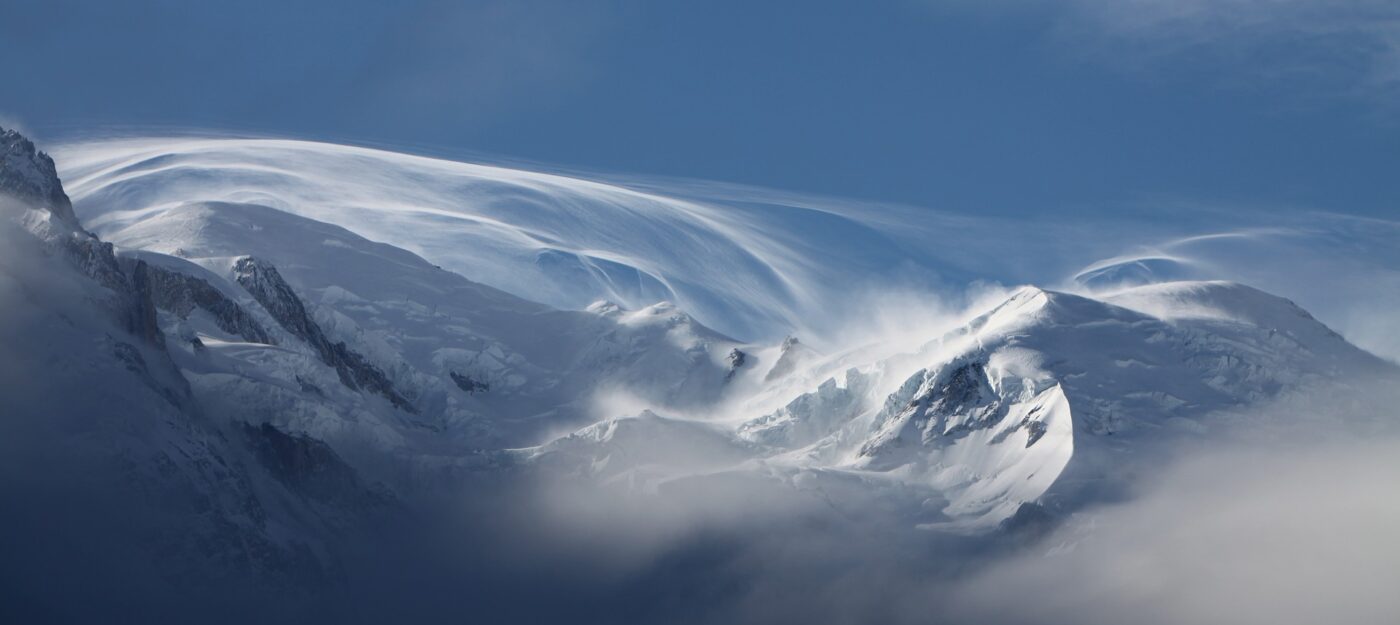
Avoid going out in a storm:
If you get caught in a storm while hiking, find a safe place to set up your tent as soon as possible. Due to the reduced visibility, setting up camp may take longer.
Avoid camping on ridges: When it rains, this is where the wind will be fiercest, causing sudden gusts and snowdrifts surrounding your tent.
Take your time: If you find yourself in the middle of a storm, consider staying put for a while. The weather will most likely improve, and racing to complete the trek can be risky. In addition, the desire to “get out of the rain” might lead to blunders such as taking shortcuts or failing to follow a map correctly.
Dress appropriately: When trekking in inclement weather, it’s critical to stay warm without overheating. Dress in layers as a general rule; this makes it easier to remove or add garments as needed to keep comfortable.
Pack extra food: You require more calories than usual when the weather is terrible. Having additional food on hand will prevent you from becoming hungry and depleted of energy.
Bring an emergency blanket: If the blanket is still dry, you can use it to keep warm when constructing a campfire or if the temperature lowers at night.
Trail Condition
Adverse trail conditions when trekking is a typical concern that can be caused by a variety of factors. Natural hazards such as avalanches and rockfalls are among the reasons, as are extreme weather occurrences like rain or snow.
Maintaining trail conditions during treks is dependent on a number of things. The first is planning and navigation. During hikes, good navigation skills are essential and can save people from dangerous situations. Knowing about terrain features and weather conditions can assist people in making decisions that lessen the risk of trail conditions.
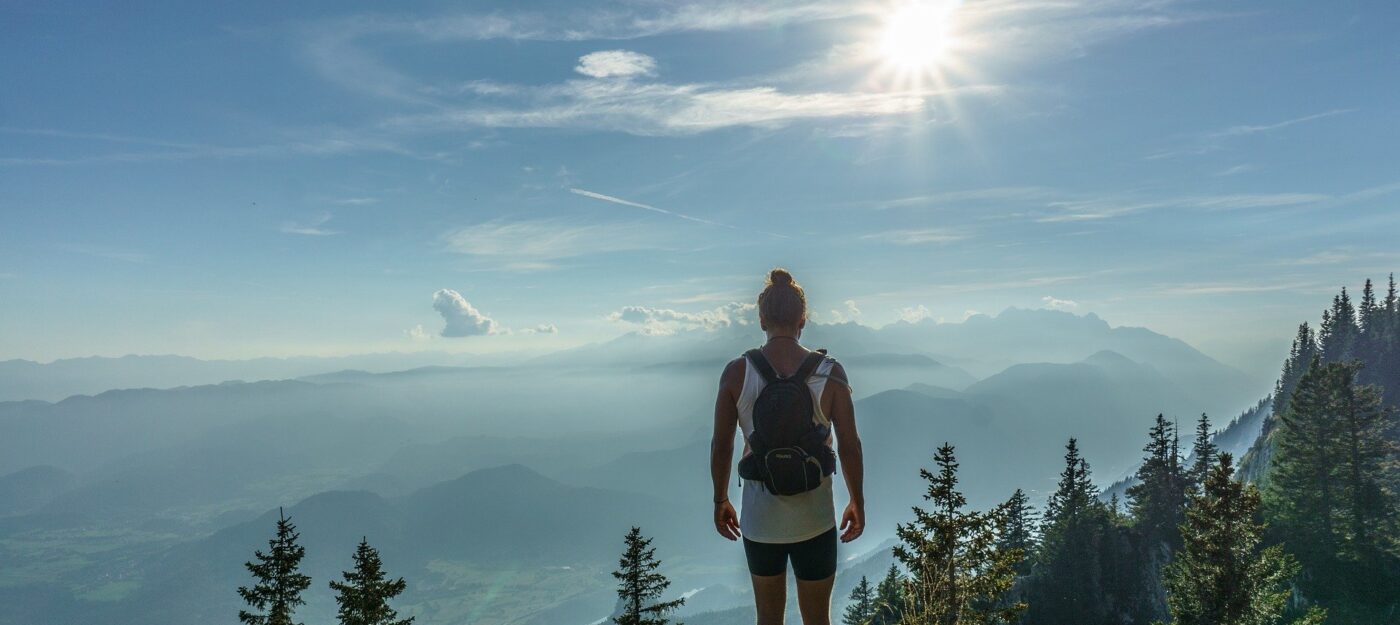
A well-planned excursion, which involves trail study and comprehension of weather and other variables, is the second crucial aspect. The third aspect is basic first aid training, which can assist people in recognizing injuries and knowing how to treat them. The fourth aspect is awareness of the environment and its conditions, especially weather threats like avalanches and rockfalls, which are two of the most common causes of path conditions while trekking. Therefore, it adds to your Everest Base Camp Difficulty if you don’t properly prepare yourself.
The Everest base camp trip is not demanding in terms of navigation or terrain factors. Because the trail is well-traveled and there are shops and teahouses along the way, you won’t have any trouble finding a comfortable place to stay and eat.
Despite the challenges, many hikers want to visit the Khumbu region. Altitude sickness is the most common ailment on the trek and can be avoided with proper physical preparation prior to departure. Extending your acclimatization day can also help you avoid altitude sickness. Many medical teams are on standby to rescue you via helicopter in the event of an emergency, but having a good insurance policy is advantageous. Similarly, balanced nutrition is required throughout the hike in order to walk more efficiently.
